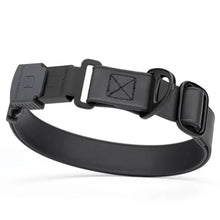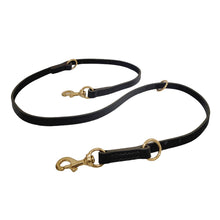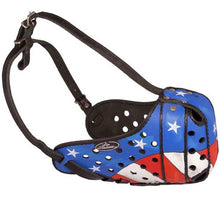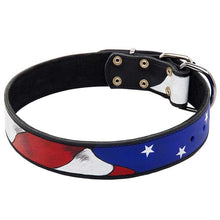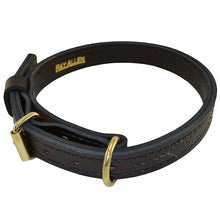The Best Bones for German Shepherds

This will come as no surprise to German Shepherd Dog owners; German Shepherds have incredible bite force and can easily destroy objects without breaking a sweat, which can pose somewhat of a challenge when providing safe bones, chews, and toys. What is the bite strength of a German Shepherd? According to the results of a study by Dr. Brady Barr with National Geographic, the domestic canines with the most powerful bite force are as follows (interestingly, in his study, the bite of a wolf delivered 406 pounds of pressure):
- Rottweiler: 265-328 pounds of pressure.
- German Shepherd: 130-238 pounds of pressure.
- Pitbull: 130-235 pounds of pressure.
When providing bones for German Shepherds, there are a few good rules of thumb that you can follow and each dog is different. There are gulpers, gnawers, gorgers, swallowers, and then those that will actually chew the bone and whittle it down. With that in mind, ultimately, you have to choose the best and safest bone for your dog’s chewing style.
Rule of thumb when feeding bones:
- Match the size bone to your dog's head (dogs can't be given a bone that's too big, but they can be given a bone that is too small).
- Remove small pieces of raw broken bones.
- Never feed cooked bones as they splinter are dangerous.
- Supervise dogs while they eat raw bones.
- Separate dog friends when offering raw bones.
- Stay away from large weight bearing bones that can break teeth, get caught in jaws, ect.
- Antlers have become more popular but there have been more and more dental injuries being reported.
- Pork and rib bones are the bones most likely to splinter.
There are two types of bones you can feed your German Shepherd: edible and recreational. Edible bones are intended to be fed as part of the dog’s diet and recreational bones are intended for the dog’s chewing pleasure but may also be part of the dog’s diet. Edible are hollow non weight bearing bones and include:
- Half or whole chickens
- Chicken quarters
- Turkey necks
Recreational bones include:
- Knuckle bones
- Large chunks of beef or bison bones with marrow
- Large raw meaty bones wrapped in meat
- Non weight bearing bones of cows, deer, and bison
Safe bone alternative:
- Large, thick bully stick
Great rule of thumb for German Shepherd owners, give bones that are larger than the head and longer than the muzzle so the bone cannot be gulped or swallowed hole. Frozen bones will also slow down an aggressive chewer.






